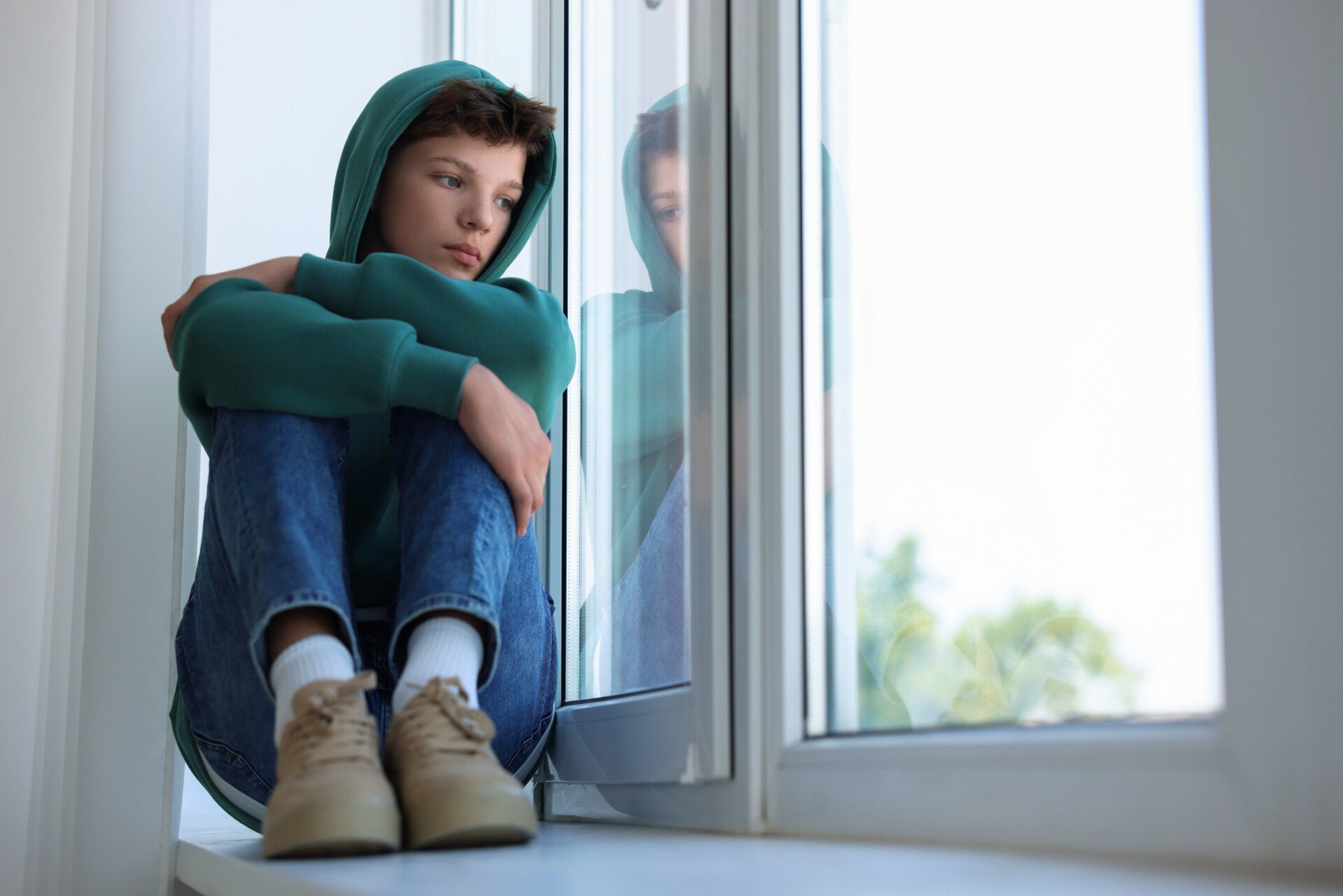Loneliness is a common experience during adolescence, a period characterized by significant emotional and social transitions.
While many adolescents manage these feelings without adverse outcomes, for others, loneliness can increase the likelihood of self-harm thoughts and behaviors, posing a significant mental health risk.
Research continues to examine factors that may explain these differences among adolescents. A recent study provides evidence on how parent-child attachment relationships affect this risk.

Julie J. Janssens and her colleagues published their research in Clinical Psychological Science. The study identified that secure parent-child attachment relationships reduce the likelihood of adolescents experiencing self-harm thoughts following periods of loneliness.
Specifically, adolescents feeling lonely were significantly more likely to report self-harm thoughts within the next 90 minutes, though this risk was lower among those with secure attachments to their parents.
Loneliness, defined as the perceived insufficiency of social relationships, is recognized as a risk factor for self-harm, including both suicidal and nonsuicidal self-injurious behaviors.
Adolescents experience notable shifts in their social dynamics during this developmental period, transitioning from a dependence on physical proximity to parents toward increased reliance on emotional support and peer connections.
Unmet emotional needs during this stage can result in loneliness, potentially leading to maladaptive coping methods such as self-harm.
The research employed experience sampling methodology (ESM), involving 1,602 adolescents from schools in Flanders, Belgium.
Participants completed short questionnaires multiple times each day over a six-day period, documenting feelings of loneliness, self-harm thoughts, and actual self-harm behaviors.
Additionally, the quality of parental attachments was assessed through self-report questionnaires.
Findings demonstrated a clear association between momentary experiences of loneliness and an increased likelihood of subsequent self-harm thoughts.
Adolescents with secure attachments to their mothers reported less intense self-harm thoughts after experiencing loneliness.
Secure paternal attachments appeared particularly significant in reducing the occurrence of actual self-harm behaviors.
Adolescents with less secure paternal attachments were more likely to engage in self-harm as a method of coping with loneliness.
These results highlight the role parents play in influencing adolescent mental health.
Strong and supportive parent-child relationships appear to provide adolescents with healthier coping strategies for loneliness, thereby decreasing the risk of self-harm behaviors.
The study’s findings suggest potential areas for preventative interventions in clinical and educational contexts. Initiatives aimed at strengthening family relationships and improving communication and trust between adolescents and their parents could be beneficial.
Furthermore, the researchers suggest exploring digital interventions known as Just-in-Time Adaptive Interventions (JITAIs).
These interventions can provide immediate, customized support when adolescents report feelings of loneliness, potentially mitigating the escalation of harmful thoughts.
The study has limitations, such as reliance on brief, self-reported measures, which might not fully capture the complexity of emotional experiences.
Further research should examine variations in these dynamics across different cultural and socioeconomic settings.
Nonetheless, the study by Janssens and her team offers important insights into how parental attachments influence the relationship between loneliness and self-harm in adolescents.
Their findings emphasize the role parental support plays in providing adolescents with effective coping mechanisms during periods of loneliness.
Citation
Janssens, J. J., Lafit, G., Šimsa, B., Bosmans, G., Achterhof, R., Hagemann, N., … & Kirtley, O. J. (2023). The Role of Parent–Child Attachment in the Association Between Loneliness and Self-Harm Thoughts and Behaviors in Daily Life. Clinical Psychological Science, 21677026251345451. https://doi.org/10.1177/216770262513454

